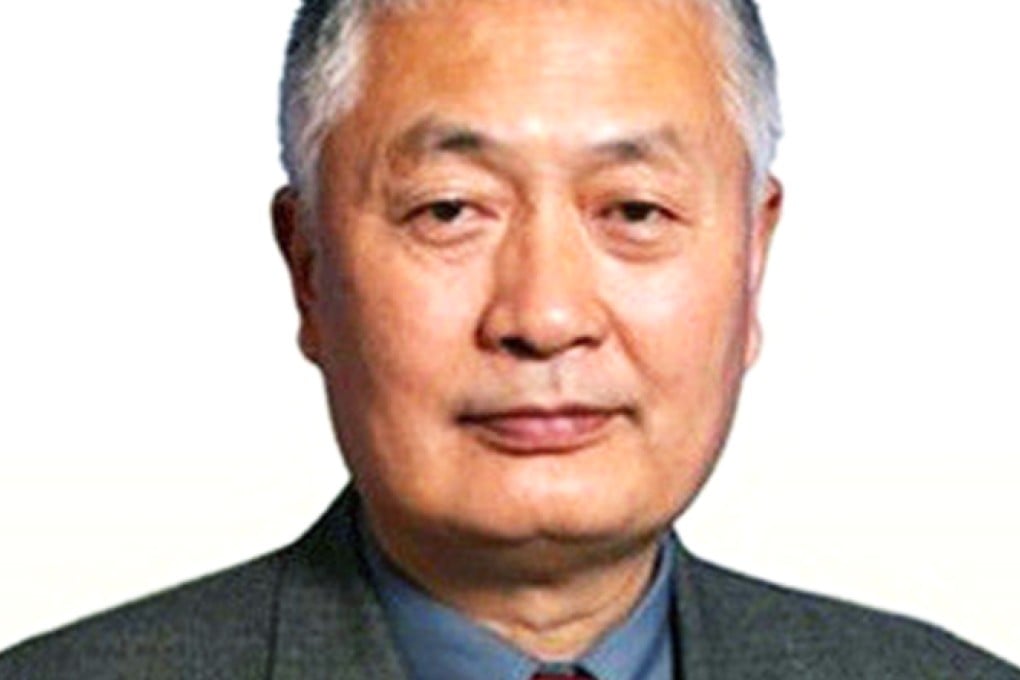Chen Xiaolu apologises for torture of teachers at Beijing alma mater
War hero's son expresses remorse to group at alma mater for what happened to them in '60s

The son of a war hero has returned to his alma mater to apologise for his connection to the torture and persecution of his teachers during the Cultural Revolution.
Chen Xiaolu, the youngest son of legendary People's Liberation Army leader Marshal Chen Yi, expressed remorse and apologised to a group of teachers and staff at his former school who were tortured or sent to labour camps between 1966 and 1976. Chen Xiaolu visited the school on October 7 in a reunion of alumni at the Beijing Number Eight Middle School, an elite institution for children of senior leaders.
Chen's face-to-face apologies to his teachers came after he made a similar statement in a blog for alumni of the school in August. That apology garnered national attention and triggered debate online over the Maoist campaign that resulted in millions killed.
"On behalf of those in the Number Eight Middle School who had done harm to you, I express our sincere apologies to you," the 67-year-old told his teachers, who were all in their 70s or 80s.
Chen was a founder of the Red Guard Police Corp in Beijing and director of the school's revolutionary committee. He made his first apologies on August 19 after seeing pictures of "struggle sessions" at his former school in 1966 that were mailed to him by a classmate.
He said that as a former Red Guard leader and director of the school's revolutionary committee, he should be the first to take responsibility for the torturing and persecuting of teachers and staff, although he said he had not been directly involved in the activities. The apologies come at a time of intense debate over the nation's future in the run-up to a party meeting next month. They also emerge after a life sentence was imposed on former Politburo member Bo Xilai on charges of corruption and abuse of power. Before his fall from grace, Bo was known for championing the "red" campaign by pushing Maoist nostalgia when he was party chief of the western metropolis of Chongqing .